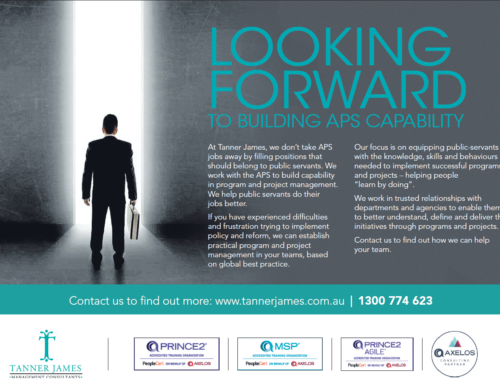The recently published 2019 PPM Benchmark study from AXELOS found that the majority of project managers (54%) felt that in order to be successful in the future, they would need to become more generalist. That compared to only 34% who believed the opposite that they needed to focus on becoming more specialist.
This in of itself might not be that surprising in the context of the changing pace of change within the workplace, as staff fear focusing too much in one specialism might hinder future career prospects. In addition, project managers are increasingly being asked to manage more projects at any one time, lending itself to the likelihood of having to manage and deal with multiple different types of projects and related products.
But is there a danger that we lose the value of specialists by focusing too much on the importance of a generalist project manager? In an age where we are expected to fill a wider range of roles and seamlessly transition between functions, which used to be fulfilled by one individual, what impact will this have on the success rate of projects?
Interestingly the AXELOS report found that “over twice as many professionals within successful PPM teams consider themselves to be specialists than in less successful teams.” Clearly there is some weight to the idea that a shift towards becoming a generalist comes with certain risks.
Personally I think there is a lot to be gained from taking a PRINCE2 view on the matter. Although the PRINCE2 method describes itself as generic and can be applied to any project environment, the real value to be gained from using PRINCE2 is in tailoring it for the particular needs of the organisation, the industry that the organisation is operating in and the product or service that the project is tasked with delivering. To effectively tailor PRINCE2, the project manager needs an understanding of and experience in all three aforementioned areas. Without it, it can very quickly lead to trouble for the project.
As stated in the AXELOS report, Forbes recently wrote about the topic, arguing that in reality staff need to find the balance between the two. Dividing it between being a specialist in desire (i.e. knowledge of the business) and topic and being a generalist in skills and approach makes a lot of sense. In the context of project management it is particularly pertinent. As the profession evolves it is paramount for project managers to understand the tools and approaches available to them (if only to discount their use in a particular context) while ensuring they have a clear knowledge and understanding of the environment they are operating in.
There is also an interesting point to be made around what project managers perceive to be generalist. Is becoming more generalist simply perceived as expanding your knowledge of different skills and approaches? As stated above this is undoubtedly important but I believe it cannot and should not be at the detriment to the value placed on knowledge and experience in a particular specialism. This is the realm of the template project manager, and is something which must be avoided.
I hope in the future that the balance between generalists and specialists isn’t lost, as I fear if it is, project management itself will suffer for it. We cannot be naïve that project managers need to future proof their careers as best they can, but it cannot be at the detriment of the profession as a whole.
I’d be interested to hear your thoughts on the topic and what your experiences are. Do you see a growing importance placed on being considered a “generalist”? Do you think specialist project managers are no longer considered as valuable as they once were?






Leave A Comment